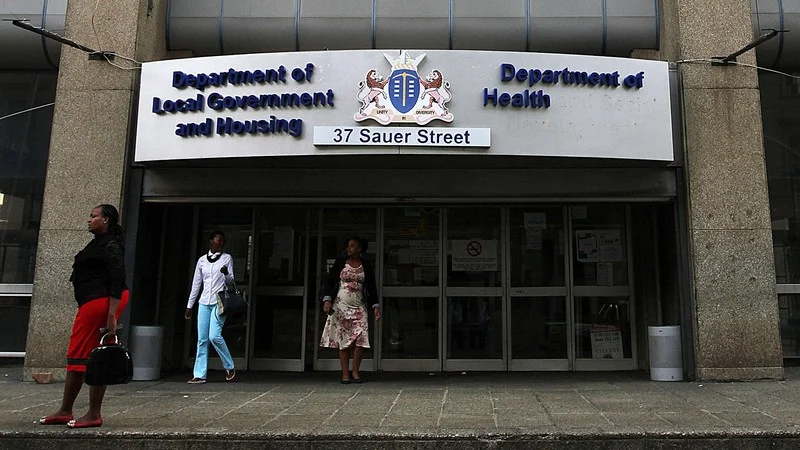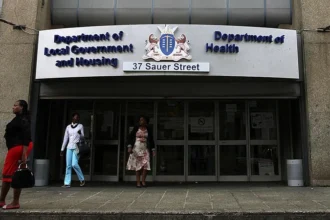The Gauteng Department of Health faces severe financial strain, with unpaid invoices piling up to nearly R1 billion. Among the affected suppliers is global medical company Smith & Nephew, which recently suspended supplies due to a R62 million unpaid debt.
Medical Supplier Pulls the Plug
Smith & Nephew halted deliveries after Gauteng Health breached its credit limit, as revealed in an internal note from October. The note stated that reinstating services would require immediate payment of the overdue amount. The company has also cited additional open orders worth R6.7 million and a further R9.8 million in consignment and loan stock.
Although the vice-president for communications, Charles Reynolds, declined to comment on the specifics, the Gauteng Health Department confirmed the debt. Department spokesperson Motalatale Modiba acknowledged the payment delays, stating, “The department is aware of the matter, and R15 million has been paid over the past three months.”
A System Under Strain
The department currently owes R860.4 million to suppliers, with R117 million owed to 125 suppliers for more than six months. In more severe cases, 69 suppliers are owed R743 million over the past year.
The impact of these financial challenges is evident in public health facilities. Dr Arthur Manning, CEO of Rahima Moosa Mother and Child Hospital, confirmed that the hospital had to contract additional nursing services due to supply shortages. Consumables such as needles and gloves are also affected, potentially compromising patient care.
Doctors Speak Out
Healthcare workers have anonymously voiced concerns over persistent shortages of essential items. One doctor described the dire situation: “Basic supplies like certain size needles or IV cannulas are often unavailable. Doctors have driven to other hospitals to get stock, risking patient care in the process.”
Another doctor noted that non-payment issues are exacerbated by utility challenges such as electricity and water outages.
Debt Management and Mitigation Measures
Modiba outlined a comprehensive 12-step mitigation strategy aimed at addressing the debt crisis. Key measures include:
- Monthly Reconciliation: Verification of all accruals and work cycle clearance.
- Procurement Monitoring: Ensuring all procurement aligns with the approved plan and budget.
- Accountability: Holding facility CEOs responsible for financial oversight under the Public Finance Management Act (PFMA).
- Consequence Management: Instituting disciplinary actions for non-compliance.
- Cash Ring-Fencing: Allocating funds specifically for intended purposes.
- Inclusive Payment Strategy: Prioritizing supplier payments based on cash flow availability.
- Invoice Verification: Preventing duplication and ensuring accuracy through SAP system locks.
- Treasury Assistance: Engaging with the Treasury for overall verification.
- Supplier Engagement: Improving communication and payment terms with suppliers.
- Old Invoice Verification: Reviewing invoices older than three years by facility heads.
- 70:30 Cash Allocation: Allocating 70% of monthly cash to supplier payments, with 30% set aside for later processing.
Conclusion
Gauteng’s health system is grappling with a critical financial crisis, with the suspension of supplies by Smith & Nephew highlighting the urgent need for resolution. The department’s mitigation plan is ambitious, but swift action will be essential to restore normalcy and ensure patient care is not compromised.









